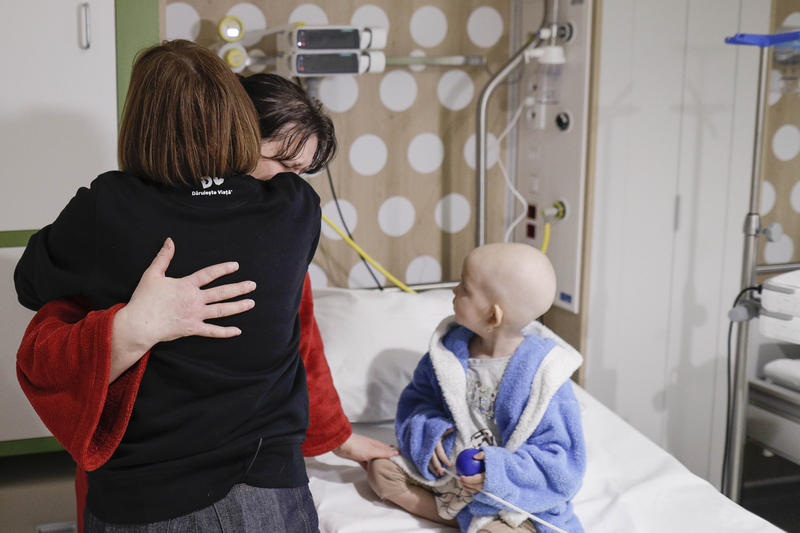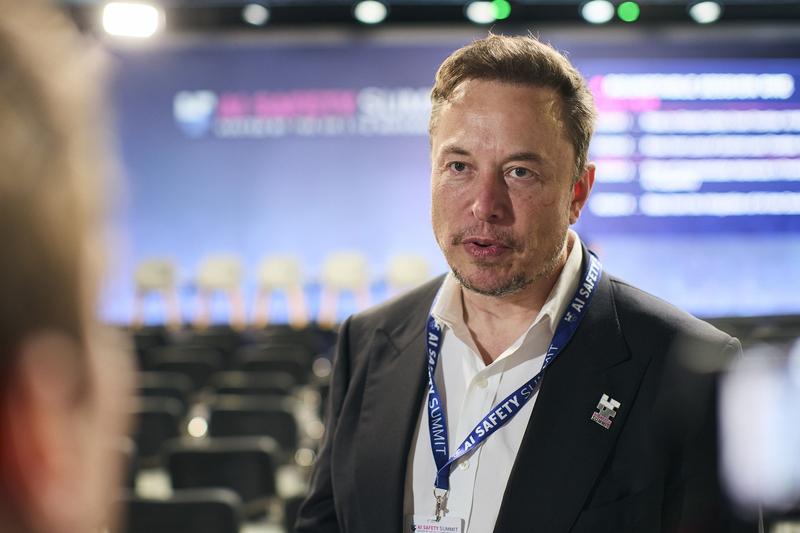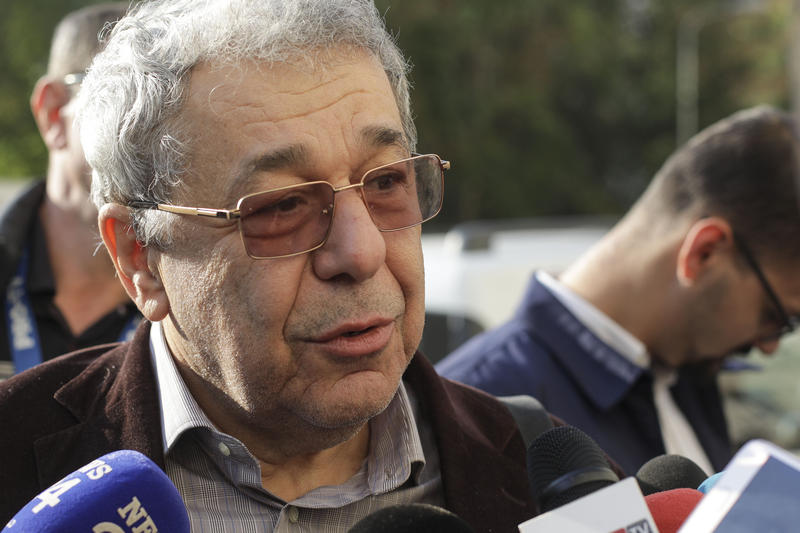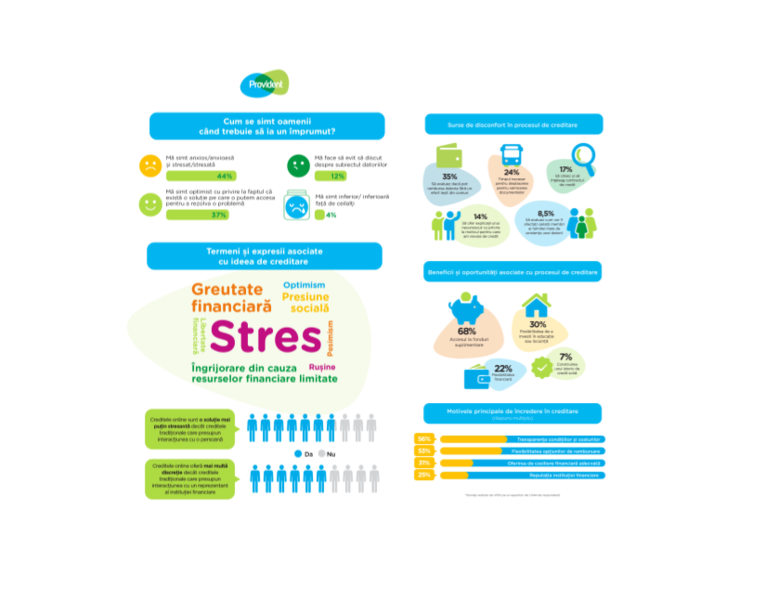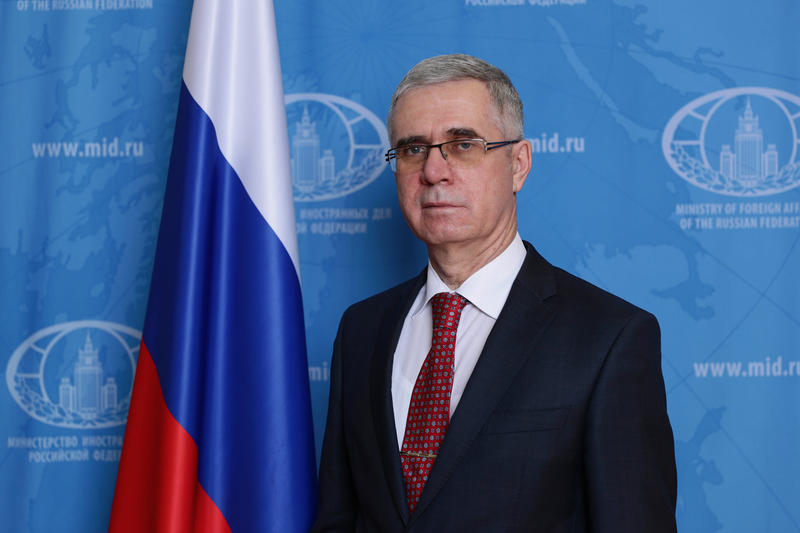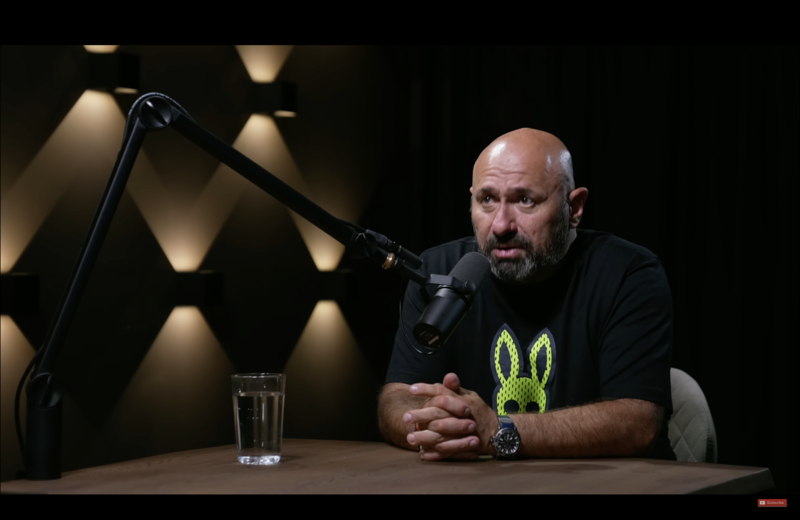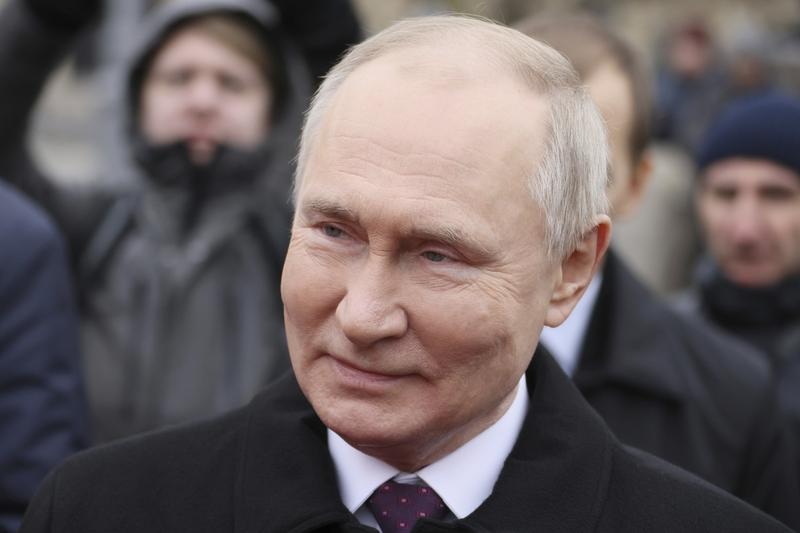Romanian President Klaus Iohannis on Tuesday rejected the Social Democratic Party (PSD) nomination of Sevil Shhaideh for prime minister. Iohannis stopped short of explaining his decision to reject Shhaideh, a Muslim woman whom PSD leader Liviu Dragnea pushed forward as he himself had little chance of being accepted as PM. The decision comes after a week of controversies surrounding Shhaideh, who is married to a Syrian businessman close to the Assad regime.
Had she been accepted by Iohannis, Shhaideh would have become the first Mulsim to lead EU government and one of the very few Muslim women to have held high office in Europe.
Liviu Dragnea's PSD won the general elections earlier this month by a comfortable margin. But he could not step up and run for prime minister, as ealier this year he received a suspended sentence for electoral fraud in a previous poll. Romanian law prevents criminally sentenced politicians from becoming prime minister.
So Dragnea found Shhaideh to push forward. She is seen as a person who would not dare to challenge his will within the PSD and who would have left Dragnea the de facto head of government.
But in the past several days several issues came up in the media - especially those related to Shhaideh's husband, a businessman of Syrian origin who had worked as a bureaucrat for the Assad regime and who had expressed support for Assad, but also for Hezbollah. More recent revelations suggest the husband's brothers are also linked to the Assad regime.
Iohannis did not make any comment regarding what might have caused his decision to reject Shhaideh on Tuesday.
The decision is seen as a blow for Dragnea. The PSD leader reacted by claiming that the President was attempting to spark a crisis and that his party would not exclude an attempt to call for the suspension of the President - a threat he had made before, but seen as unlikely by political pundits in Bucharest. He said he would announce his own decision on how to move forward in the coming days.
